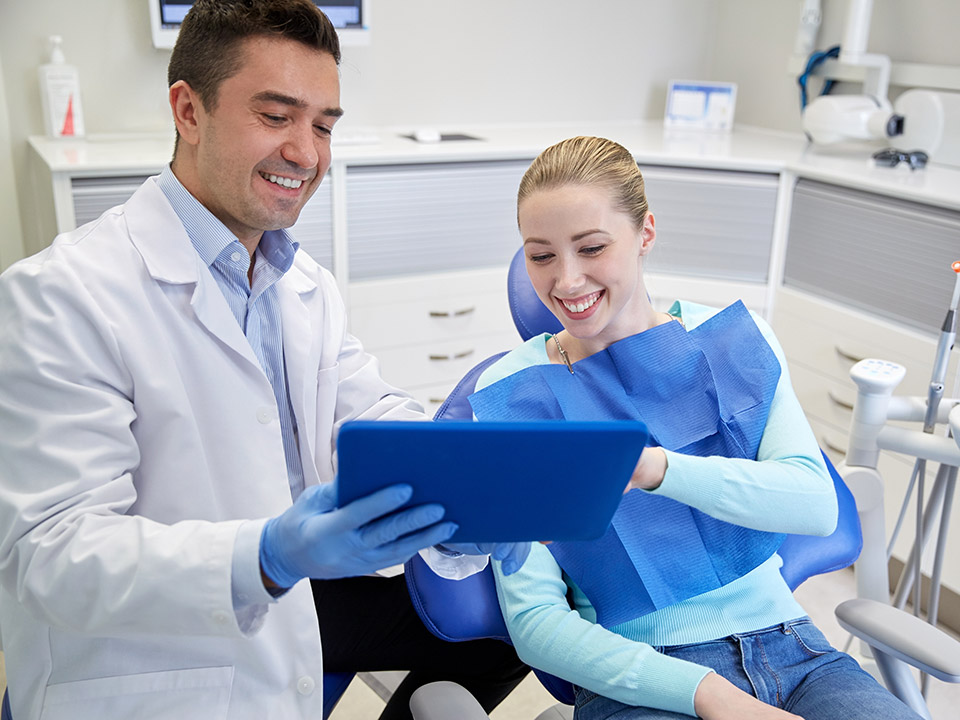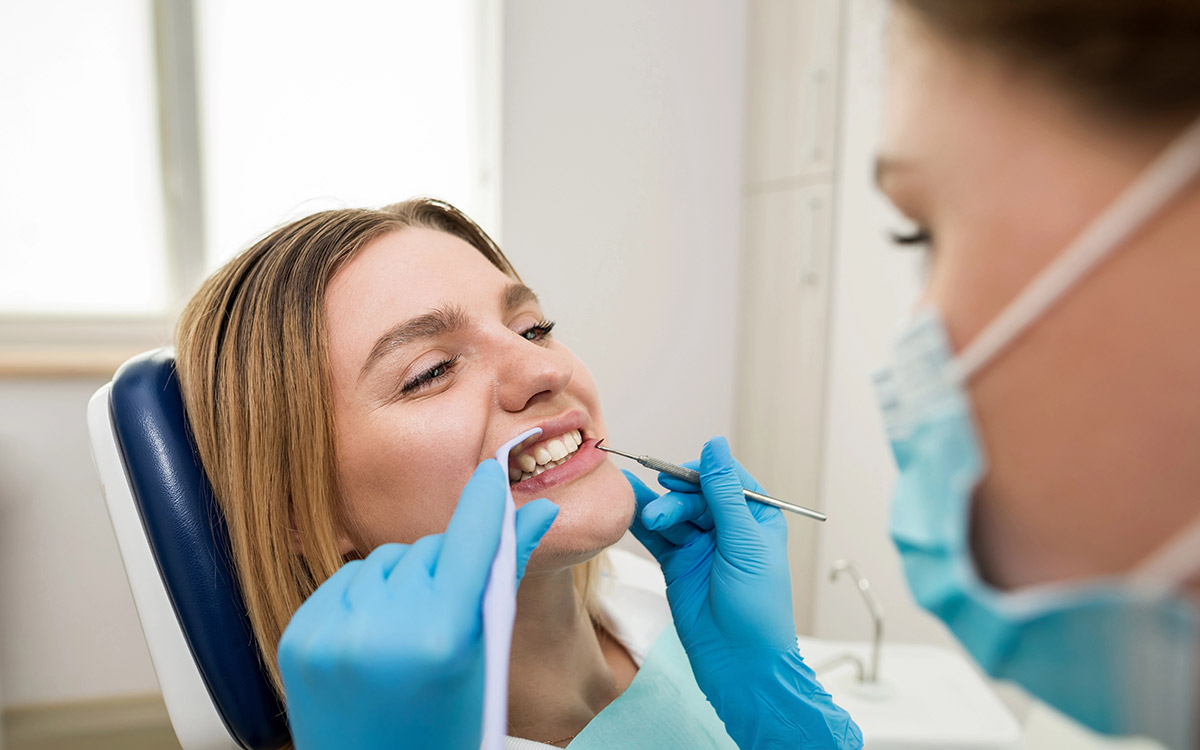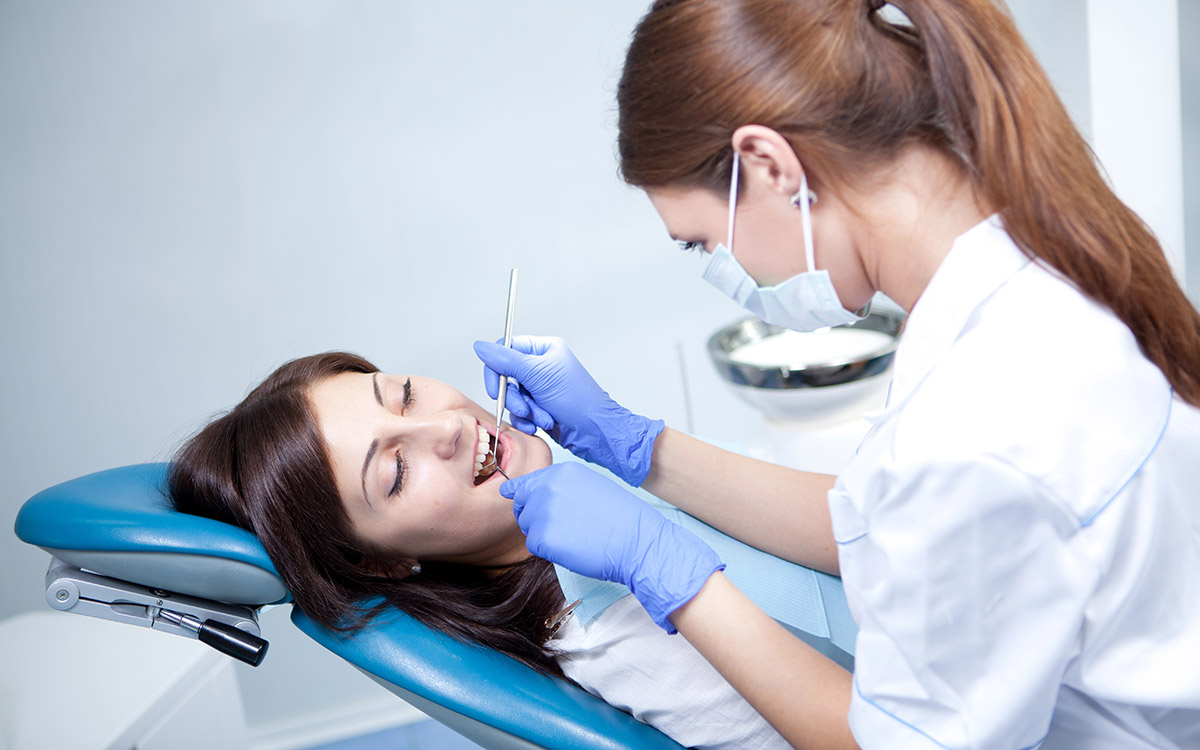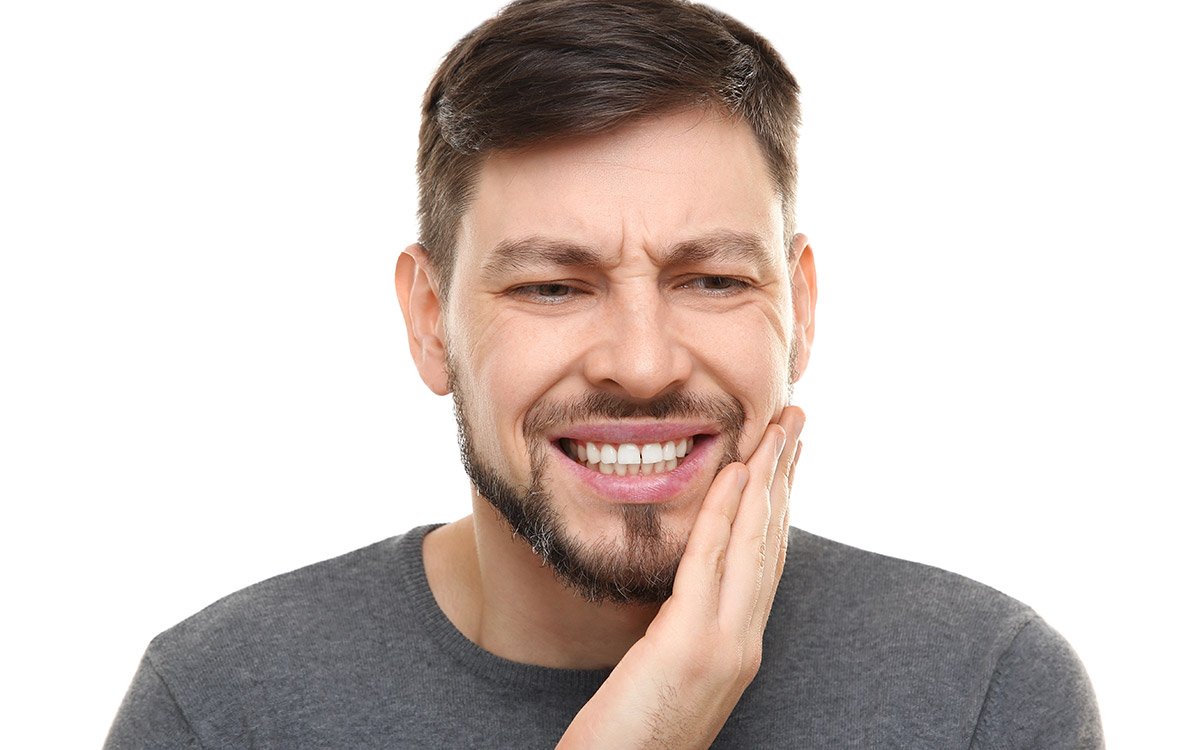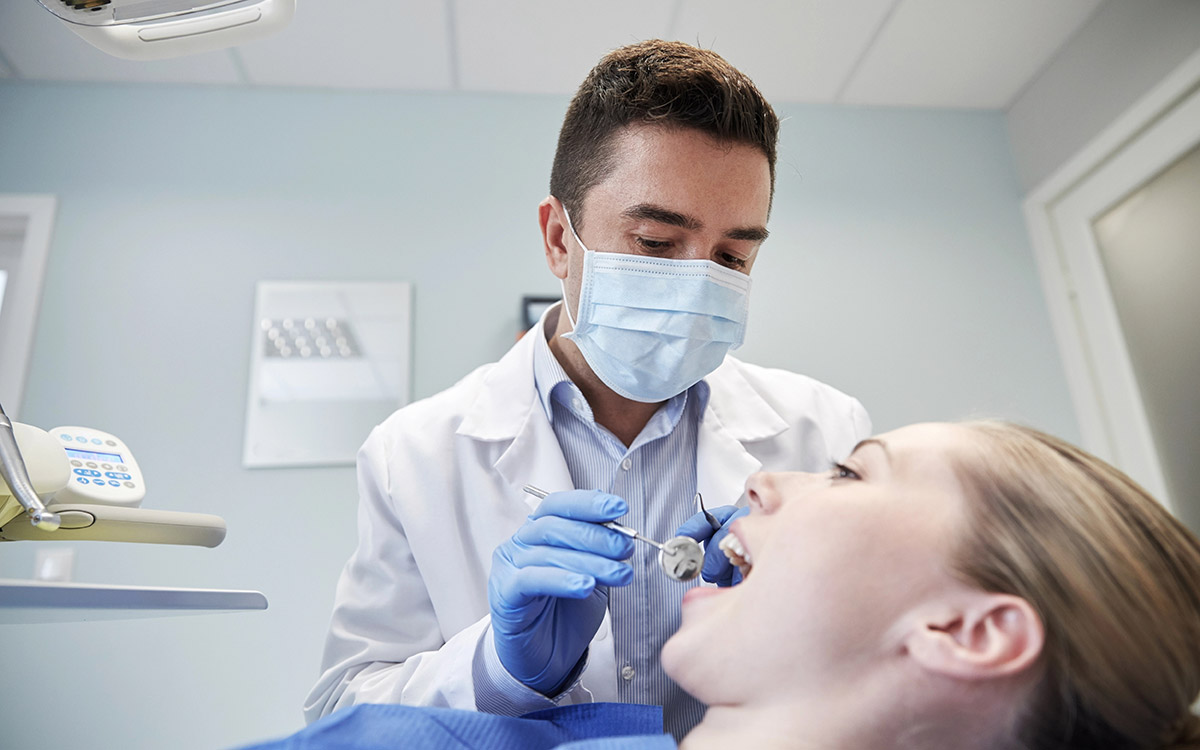Many adults and children suffer from dental anxiety. You develop fear and restlessness whenever you visit the dentist. There are multiple ways of getting over it. You could start by asking questions.
Asking questions makes you more confident. Receiving answers can ease your anxiety. Information makes the experience less scary. Asking questions at the dentist also has more benefits.
You could highlight issues that your dentist has not seen yet. Similarly, it could highlight some of the practices you need to do more or less of. Asking questions at the dentist also gets the most out of your dental visit.
Don’t be too nervous about asking questions. Your dentist will be happy that you did and will provide you with enough information to make the experience comfortable and educational. Therefore, on your next dental visit, be sure to ask a few if not all of the following questions.
Questions To Ask Your Dentist
1. How is my oral health?
This is the first question to ask after every examination or dental appointment. It shows your dentist that you are interested in your oral health. Your dentist will always share this information with you but may keep things brief in consideration of your schedule.
Therefore, asking this question will make them more comfortable to share in detail. In addition, the information will help you keep an eye out for potential problems. Therefore, do not shy away from this question; your dentist will appreciate it.
2. What are the best ways to practice good oral hygiene at home?
During checkups, dentists notice minor oral health issues, such as bleeding gums or mild discoloration. They often tie it to a poor oral hygiene routine and encourage you to brush and floss more.
Asking about how you can improve your oral hygiene routine will let them get into details. For example, you can ask for a demonstration of better brushing and flossing techniques. You will improve your oral hygiene practices adequately with one question.
3. Why do I have tooth pain/ sensitivity?
Your dentist may not even know that you have tooth sensitivity or pain unless you bring it up. Unless they notice underlying issues, such as gum redness or a cavity, your dentist cannot know that you suffer from sensitivity or pain.
Therefore, ask your dentist why you experience pain or sensitivity. Especially if it is periodical, not throughout. The dentist will highlight some of the reasons you could have sensitivity and tooth pain. You can then take steps to soothe or stop the pain.
4. How can I make my teeth whiter?
Are you tired of your dull smile? That’s okay because most people are not satisfied with their teeth either. It’s normal to want a whiter or more dazzling smile. So do not be scared to ask your dentist how to improve your smile with teeth whitening.
Your dentist will advise you on the best course of action to take for a brighter smile. This will help you avoid whitening options that would damage your teeth. Instead, you will get alternatives that work best for you.
5. Should I change my oral hygiene tools?
Next, ask your dentist about the type of hygiene tools you should be using. For example, perhaps your toothbrush is too stiff that it makes your gums bleed. Or you have the wrong type of dental floss for your dental structure.
Ask your dentist about the various oral hygiene tools for better oral health. For example, a dentist may recommend herbal toothpaste over regular if you ask. Or a manual brush over an electric one. This information is vital for better tooth health.
6. Do I need a specific treatment now, or can it wait?
When your doctor recommends a dental procedure or treatment, getting caught up in the cost is standard. After all, dental treatments can be a little pricey, especially if there is no warning. Therefore, do not be scared to ask this question.
The dentist will give you the timeline of urgency for the recommended procedure and highlight why. It could either give you some time to gather funds or help you understand why you need the treatment now.
7. Is there anything I should discuss with my general physician?
Most people do not know that various body diseases such as diabetes directly affect oral health. The effects of these diseases can also act as warning signs if your general physician has not seen them yet. Therefore, this question is an important one.
After every dental examination, ask your dentist if they noticed anything concerning general body health. Your dentist may assume that you have talked about it with your general physician so always bring it up.
8. What are your payment and financial policies?
This is an important question for first-time appointments. It is great that you found a certified and reliable dentist. However, remember that payment is an important factor for determining if this becomes your permanent dentist.
Ask about their payment and financial policies. Find out if the practice accepts your insurance and what it would cover. Also, ask about other payment options and the cost for ongoing patients.
Ensure that you find out the cost of general appointments, emergency procedures, and other common dental issues you may face.
9. Should I change anything in my diet?
Your diet directly affects your dental health, and you may not realize it. Additionally, your dentist may notice an ongoing problem and fail to link it to something in your diet. Therefore, ensure that you bring up this question.
Your dentist will advise you on the best foods to eat to improve your dental health. Additionally, you can find out if your new favorite food, snack, or drink affects your dental health.
10. Am I at risk of any oral infections?
And finally, always ask if you are at risk of oral infection. A dentist will often give you some advice with no background information. It is because they may have spotted the risk of infection. Therefore, always ask your dentist if you are at risk to help you care for your teeth and gums. Plus, you can be active in preventing the infection.

